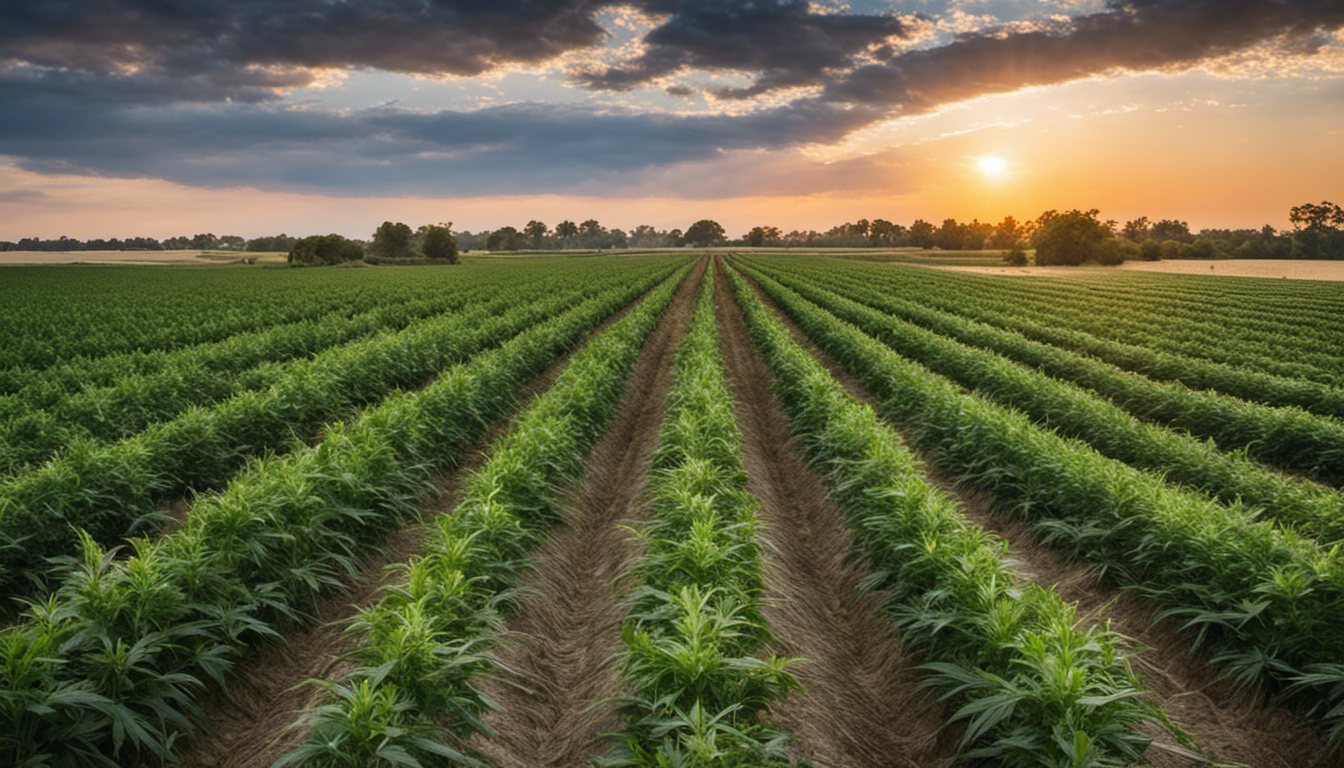USDA Makes Changes to Hemp Insurance Program, Eases Crop-Rotation Rules and Bars Coverage for Smoke Damage
The US Department of Agriculture (USDA) has announced changes to its hemp crop insurance program, aimed at improving coverage options for hemp producers. The revisions, set to take effect next year, relax crop-rotation requirements and exclude smoke damage as a covered cause of loss.
Under the new rules, hemp can be insured if planted following soybeans, a change that applies to 14 states: Colorado, Illinois, Indiana, Maine, Michigan, Minnesota, Montana, Nevada, New York, North Dakota, Oregon, Pennsylvania, South Dakota, and Wisconsin.
“This policy change will give producers more options when it comes to their crop rotation,” said Brian Frieden, director of the USDA’s regional office for Illinois, Indiana, and Michigan.
The USDA has also added smoke damage to the list of reasons that will not be covered by the program. Fire, however, remains a covered cause of loss, as does volcanic eruption. Other causes of loss that are not covered by the program include THC levels that exceed the federal 0.3 percent limit on hemp, as well as harvested production that is infested with mold, yeast, or fungus.
The changes are part of the USDA’s efforts to support the hemp industry, which has faced challenges in recent years. In 2024, hemp operators insured $750,000 in “covered liabilities” on 2,600 acres of production, according to the USDA.
The USDA has also been working to promote the hemp industry internationally, appointing industry stakeholders to a federal trade advisory committee and awarding grants to support international marketing efforts. However, the industry still faces uncertainties, including the potential impact of congressional legislation that could ban most consumable hemp-based cannabinoid products.
The hemp industry has been growing in recent years, with a slight rebound in 2023. However, it still faces regulatory hurdles, including a lack of clarity around the type of allowable products and the definition of hemp. The industry is also facing challenges from the ongoing federal prohibition of some forms of the cannabis plant.
In related news, the FDA has been criticized for declining to enact regulations for hemp-derived CBD, which has led to economic stagnation in the industry. The agency has said it needs additional congressional authorization to regulate the non-intoxicating cannabinoid.












